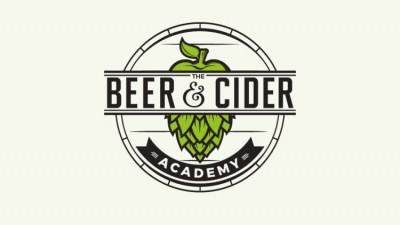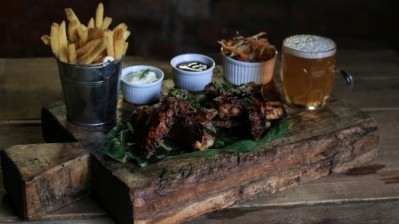How to become a beer sommelier (Part Two)

The advanced course seeks to build upon the knowledge learnt in the foundation course, while helping attendees to develop a more in-depth understanding of ingredients, beer styles, flavours and the brewing process.
The purpose of the course is to enable attendees to speak more confidently on the subject of beer, helping others to make more informed choices and eventually to become an advocate for the beer category.
Here’s what we learnt on the advanced course:
Ingredients revisited
We met the four main ingredients in beer and learnt how they impact on a beer’s appearance and flavour during the foundation course last month. However, the advanced course goes into far greater depth about the different properties of these ingredients, and how they play a role in the brewing process. For example, the mineral make-up of the water can lead to increased perceived bitterness or sweetness, while the level of iso-a-acids is the main determining factor in how much bitterness hops impart.
Glassware and service
The most useful part of the course for bar staff is definitely the section on using appropriate glassware and tips on serving speciality beers. From basics like making sure to store glasses upside-down on a plastic lattice, to useful nuggets like checking for rusty crowns or broken lips when serving bottled products, this is essential knowledge if you want to run a pub that is serious about good beer.
Speciality/free-from beers
A growing and increasingly important part of the beer category is the market for speciality or free-from beers. The two biggest elements of this are gluten-free and no/low-alcohol beers. On the advanced beer course, key information is given to attendees about what legally constitutes a gluten or non-alcoholic beer. The debate about the classification of 0.5% ABV beers has been hugely topical in the industry in recent months, and hence this is useful knowledge for bar staff to be armed with when talking about speciality beers to drinkers.
Classic styles
One of the most important skills to learn in order to become a beer sommelier is the ability to judge a beer’s “trueness to type”. When judging the quality of beers, it is essential that a beer sommelier knows the difference between a product that is flawed, and one that is well-made. Hence, the advanced course has attendees tasting and learning about a wide variety of classic beers and their properties. In the final examination, you may well be asked the difference between a Pilsner, a helles and a Kölsch, so be prepared to know the defining characteristics or a range of beer styles.
Join us next month, as we take on the Beer & Cider Academy’s How to Judge Beer course.







